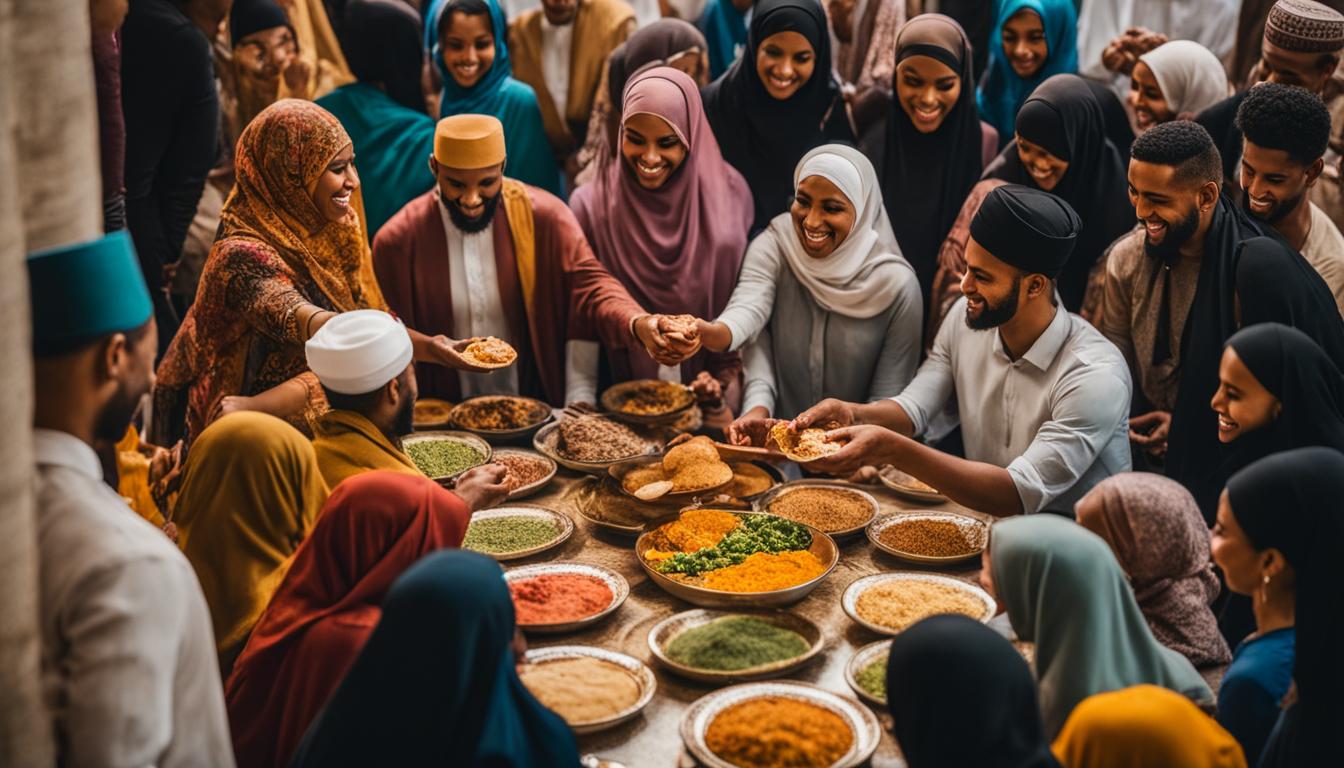Explaining Ramadan to Your Non-Muslim Friends

You live in a country where the majority population is not Muslim, huh? Me too. You do realize that most of your buddies are probably not Muslims? Likewise It can get annoying at times during Ramadan if your friends keep asking you to lunch or out for ice cream, if your coworkers ask you why you seem a little more tired during the day than usual, and if you tell everyone you’re fasting for Ramadan and they say, “Oh.. Okay.”
The truth is that most of our acquaintances who are not Muslims may not even be aware that Ramadan exists, and many may even be confused about the holiday’s other customs, such as fasting. And for that reason, we made this tutorial! Please feel free to use our quotes, share this on Facebook, or send this to your friends so they may have a basic grasp of this holy season.
What exactly is Ramadan then?
The ninth month of the Islamic calendar is Ramadan, when Muslims believe the first words of the Qur’an, the sacred book of Islam, were revealed by Allah, the Arabic name for God. Muslims observe the Qur’anic revelation by engaging in fervent prayer, abstaining from food and liquids, and introspecting for a month. When the ninth month begins and a full moon is visible, Ramadan officially begins. The beginning date of Ramadan might vary by one or two days according on the nation and geographical location, as it is contingent upon the observation of a full moon.
Okay, praying makes sense but why fasting?
Muslims are reminded of the plight of the hungry and destitute via fasting. It serves as a reminder that we are all human and that we should assist those who are less fortunate. We may purify our bodies both physically and spiritually via fasting, which helps us feel closer to God. Most Muslims feed the poor and give to charities throughout Ramadan. But fasting extends beyond one’s food and beverage preferences. Additionally discouraged among Muslims are rumours, disputes, profanity, and outbursts of passion or irritation. It is also prohibited for partners to have sexual relations when fasting during the day.
When do you start and stop fasting?
The fast lasts from dawn until sundown. Muslims typically break their fast with dates, a delicious dried fruit, and milk around sunset, when the fast comes to a conclusion. This is how Muslims usually break the fast; it’s a quick fix of simple carbohydrates and energy. There is typically an iftar, or substantial supper, following the dates and milk. Every night, iftar is typically shared with friends, neighbours, family, and/or extended relatives. It is similar to Thanksgiving, but the cuisine is different.
What about children do they have to fast?
No, there are a few circumstances in which one can break a fast. Fasting is not required for minors, the elderly, ill people, pregnant women, or women who are menstruation. The protection of human life is always the most crucial thing in Islam. Fasting is not necessary if it might be harmful.
What happens after a month at the end of Ramadan?
Eid is the major festival that falls at the end of Ramadan. Muslims often attend the morning Eid prayers the day after Ramadan, which run for three days. Families typically go on picnics and eat throughout the day.
Make sense? Recall that most Muslim friends are pleased to respond to polite inquiries on Islam or Ramadan. We Muslims who reside in nations where Muslims make up the majority do not expect our friends to comprehend or be aware of every aspect of our customs, thus we are pleased to assist you in doing so! Happy Ramadan! (Happy Fasting)


